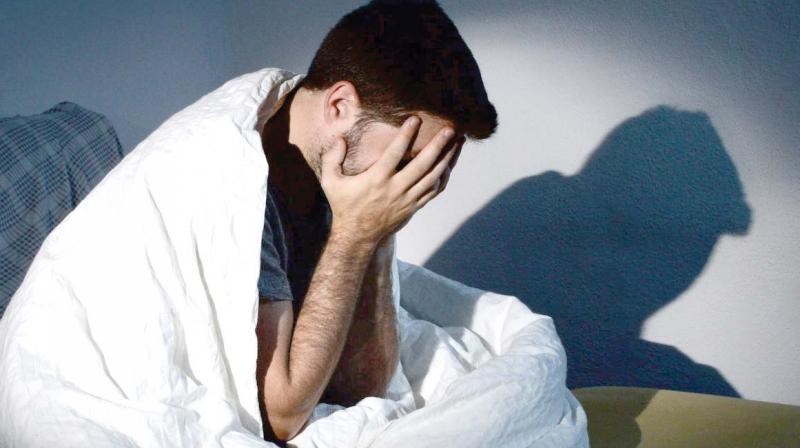Honk, horn, toot.. Why Bengaluru doesn't sleep
Sadly, he says, light sleep or obstructive sleep has not been given much importance over the years despite the health ramifications.

Bengaluru: It’s either the newspaper ‘raddi’ buyer with his cacophonous cry, the ice-cream vendor tooting his bicycle horn, the incessant drums of some procession or the other, taxis and two wheelers driving at breakneck speed through a junction that's clearly marked a no-horn zone and screeching to a stop as they hit the speed bumps....No wonder, Bengaluru doesn't sleep at all! Working long hours and chasing promotions doesn’t help the city's young and restless unwind either!
Dr H.B. Chandrashekar, head of department of pulmonary medicine at Mahaveer Jain Hospital, says its sleep lab has a waiting list of two weeks of people reaching out for help with their wakefulness at night and treats 50 to 60 patients a month.
“We have seen over 8000 patients in the past 10 years and annually, we treat around 400 such cases," reveals the doctor, who also heads two other sleep labs at Columbia Asia Hospital.
Sadly, he says, light sleep or obstructive sleep has not been given much importance over the years despite the health ramifications.
Agreeing, Dr Ravindra Mehta, a sleep disorder specialist at Apollo Hospital says if anything has been taken for granted this millennium, it is human sleep. “Sleep we have to understand is one-third of human existence, the fuel which keeps you going. Both inadequate and poor quality sleep causes the quality of life to dip and leads to diseases. The disease in-turn affects sleep quality and this sleep-disease interaction sets the stage for chronic ill-health,” he warns.
The sleepless could be prone to diseases like hypertension and diabetes and even heart attacks, according to doctors.
What’s more alarming is the recent finding of a global Philips survey which says sleep isn't a priority as yet in India with 66 per cent giving exercise more importance. While 19 per cent of the adults reported overlapping of work hours with normal sleep time as a key barrier to sleep, another 32 per cent of the adults reported technology as a major sleep distractor.

